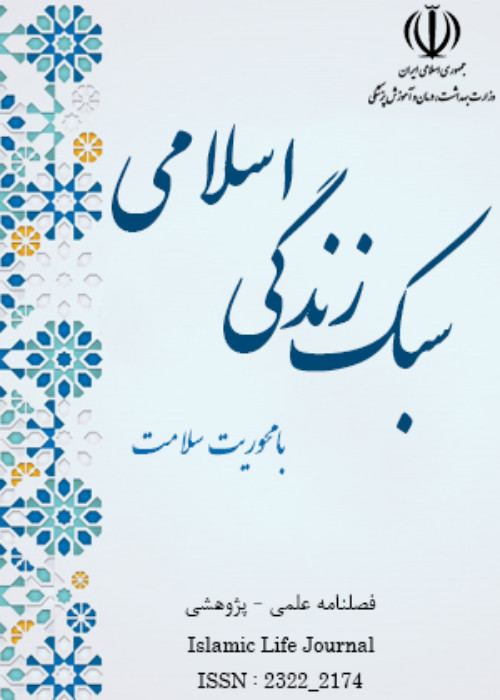Presenting the Model of Organizational Citizenship Behavior of Iranian Public School Teachers
The present research was conducted with the aim of providing a model of organizational citizenship behavior of teachers in public schools in Iran.
The research method was a quantitative survey type and the statistical population included all the staff and line workers of education in the public sector in the academic year 2009-1400 in the number of 101,3655, which using the table of Georgesi and Morgan (1970) the number 387 people from 5 provinces of the country were selected to participate in the research. The data collection tool in the quantitative part of the researcher-made questionnaire, whose face validity has been confirmed by a number of statistical samples and its content validity has been confirmed by a number of experts in the field of educational management and educational sciences. The reliability of the tool was calculated by using Cronbach's alpha coefficient equal to /896. In order to analyze the collected data in order to examine the questions and test the main question and sub-questions of the research, it was done by using structural equation modeling of covariance.
The findings showed that in the organizational citizenship behavior model of public schools in Iran, the causal factors include strategic changes in the education system (keeping up with modern changes and developments, the growth of moral standards and the spirit of self-sacrifice) and organizational developmentalist attitudes (development collaborative actions, the outputs of the development of an efficient educational system), background conditions including organizational leadership characteristics (leaders' benevolent tendencies, effective and dynamic leadership behaviors), followers' individual characteristics (ideal values, behavioral norms) and organizational characteristics (culture value-oriented organization, compassion-oriented organizational atmosphere) and intervening conditions including collective capital (social psychological capital of public culture) value change (growth of pluralistic values, growth of social culture) strategies including organizational strategies (employee training and stimulating organizational culture) management strategies (effective leadership) ) community-oriented strategies (representation of the role of educators, development of public culture) and the consequences included the individual (psychological consequence of the development of individual pragmatism), social organization (transcendental organization, social dynamics) and the factor load of all of them was significant.
The results of the quantitative part also show that the model of organizational citizenship behavior obtained in the present study is a good fit for the Khordar.
- حق عضویت دریافتی صرف حمایت از نشریات عضو و نگهداری، تکمیل و توسعه مگیران میشود.
- پرداخت حق اشتراک و دانلود مقالات اجازه بازنشر آن در سایر رسانههای چاپی و دیجیتال را به کاربر نمیدهد.


